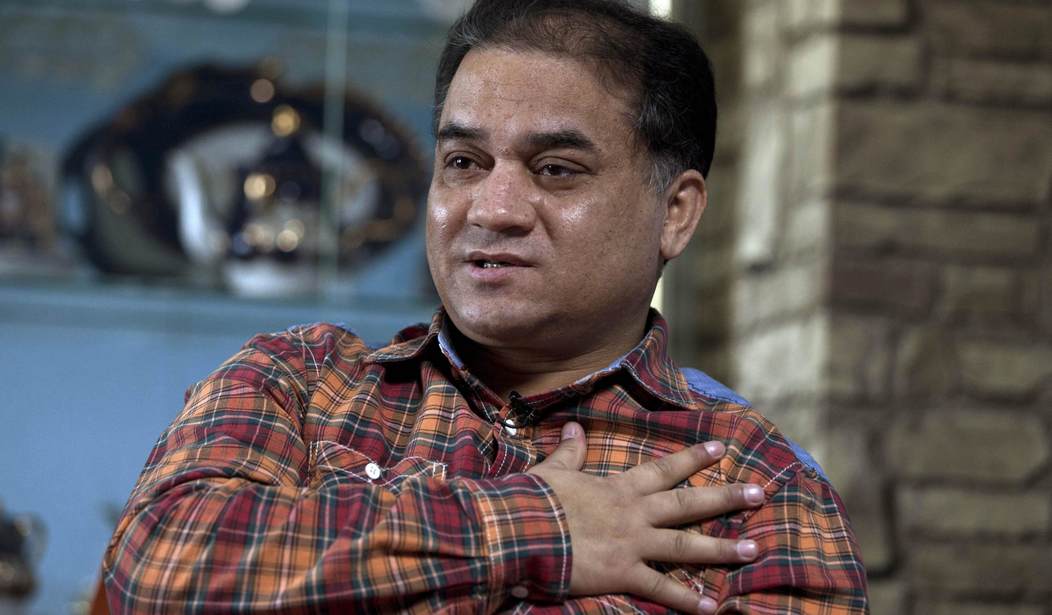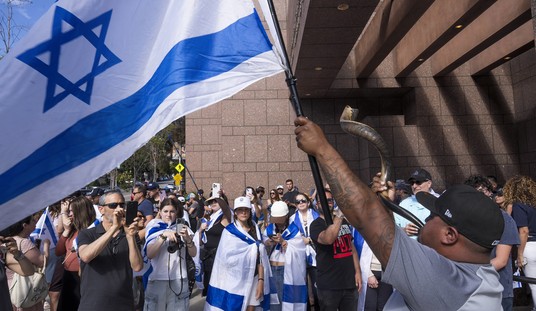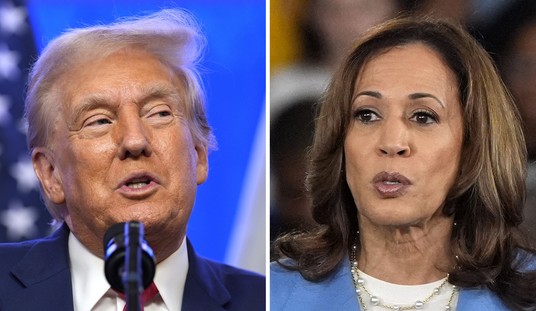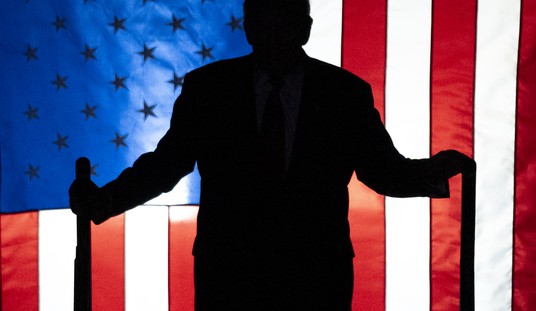WASHINGTON — A bipartisan group of lawmakers banded together to urge the Nobel Peace Prize Committee to grant the annual award to a Chinese Muslim political prisoner.
The letter nominates Ilham Tohti, a Uyghur economist who has been serving a life sentence since September 2014 on charges of separatism.
A recent UN report said more than a million Uyghur Muslims are languishing in China’s political re-education internment camps.
The nomination of Tohti was led by Sen. Marco Rubio (R-Fla.) and Rep. Chris Smith (R-N.J.), the most recent chairman and co-chairman, respectively, of the bipartisan Congressional-Executive Commission on China. Signing on to the letter were Sens. Richard Blumenthal (D-Conn.), Cory Gardner (R-Colo.), Jeff Merkley (D-Ore.), Bernie Sanders (I-Vt.), Chris Van Hollen (D-Md.), Sherrod Brown (D-Ohio) and Reps. Ro Khanna (D-Calif.), Jim McGovern (D-Mass.), Jamie Raskin (D-Md.), Thomas Suozzi (D-N.Y.), and Mike Gallagher (R-Wis.).
Tohti should receive the Nobel, they wrote, “in recognition of his commitment to peaceful interethnic dialogue between ethnic Uyghurs and the Han Chinese majority in China.”
“Professor Tohti’s courageous work embodied precisely the kind of insight and guidance on interethnic problems that should be embraced by Chinese officials who have, instead, chosen to silence Professor Tohti and to embark on a massive crackdown on Uyghur intellectuals, the broader Uyghur community, and other Muslim groups in the [Xinjiang Uyghur Autonomous Region],” the letter continues. “…In order to mitigate rights abuses in the region, he urged Chinese officials to fully abide by existing laws regarding ethnic autonomy in the XUAR, reduce economic discrimination against Uyghurs and other ethnic minorities, and implement an independent legal system. Professor Tohti enlisted the help of young students of different ethnicities to run the bilingual Uyghur Online website, which provided a rare forum for forthright reporting on news developments and a scholarly exchange of views on problems in the XUAR. Seven of his students were, like him, later convicted of ‘separatism’ and sentenced to prison, reportedly for terms of between 3 and 8 years.”
“Professor Tohti knew the risks he was taking by speaking and writing openly about ethnic policy and development in the XUAR. Prior to his imprisonment, Professor Tohti told the Voice of America that ‘even if I should die at the hands of the domestic security or state security police—don’t think that I’ve been killed by Han people and let hatred come between our two peoples.’ Even after being sentenced to life in prison in September 2014, he issued a statement through his lawyer that ‘peace is a heavenly gift to the Uyghur and Han people. Only peace and good will can create a common interest.’”
Tohti winning the Nobel and being able to speak freely is “needed more than ever,” the lawmakers noted, considering China’s “mass, arbitrary internment” of Uyghurs and other Chinese Muslims.
“The unjust imprisonment of Professor Tohti echoes that of Nobel Peace Prize laureate Liu Xiaobo, his compatriot, who sadly passed away in 2017 while in official custody. Like Liu, Professor Tohti is a determined champion of human rights, and his life’s work demonstrates that freedom, due process, liberty, and the rule of law are not foreign ideas in China, but ones that eventually should be part of a more peaceful and prosperous future for China and the world,” they wrote. “We believe there is no one more deserving of the Committee’s recognition in 2019 than Professor Tohti, who embodies the peaceful struggle for peace and human rights in China.”








Join the conversation as a VIP Member